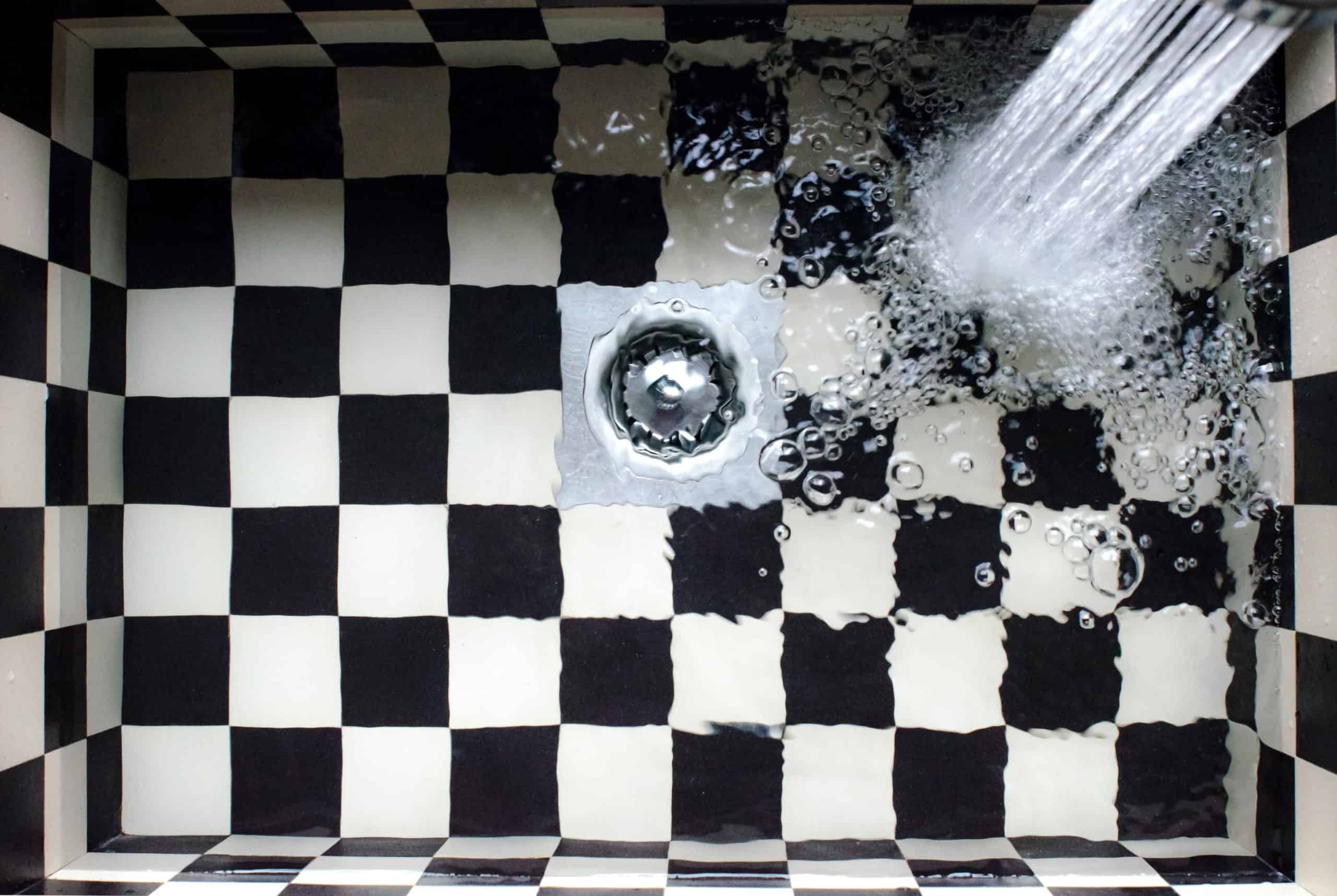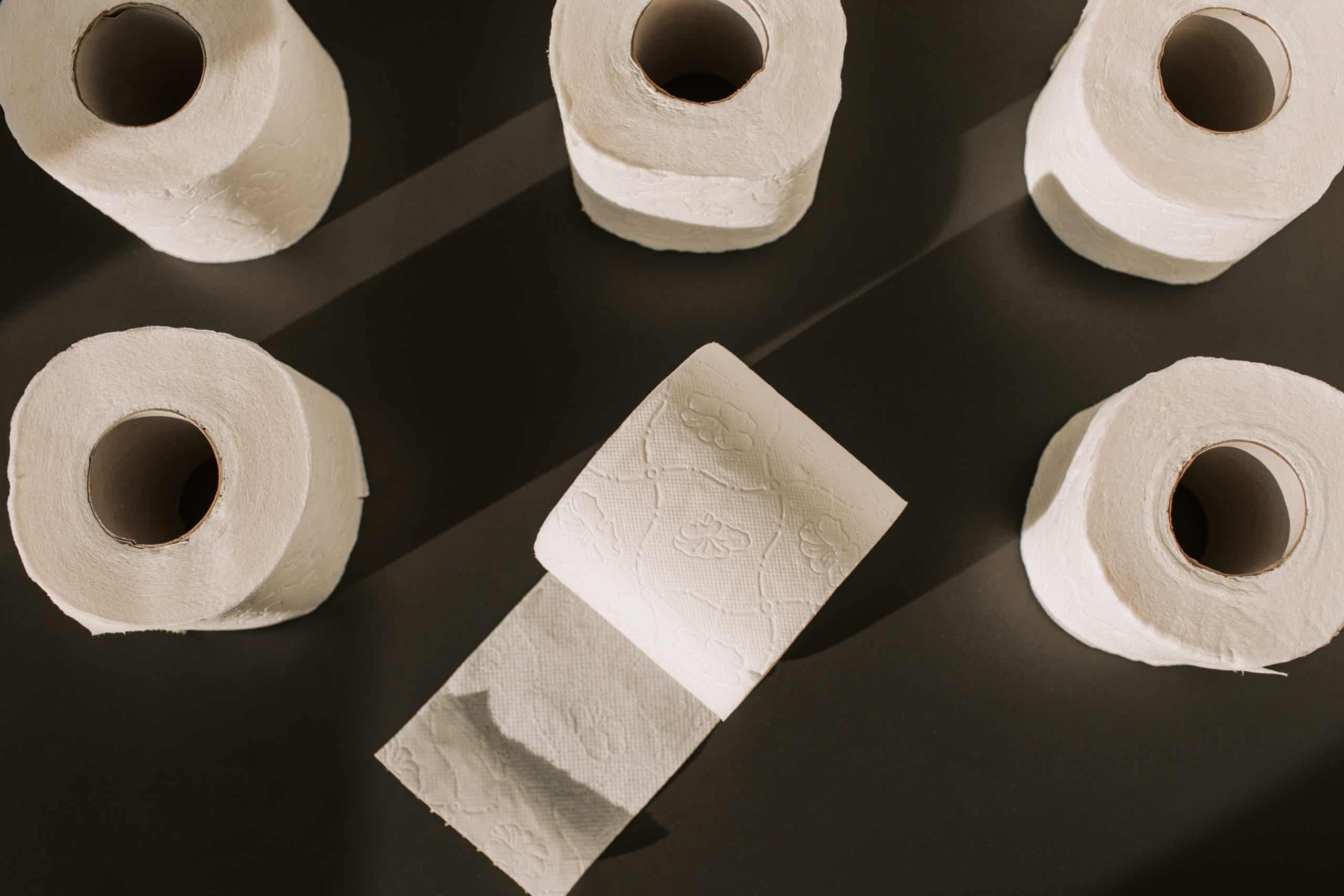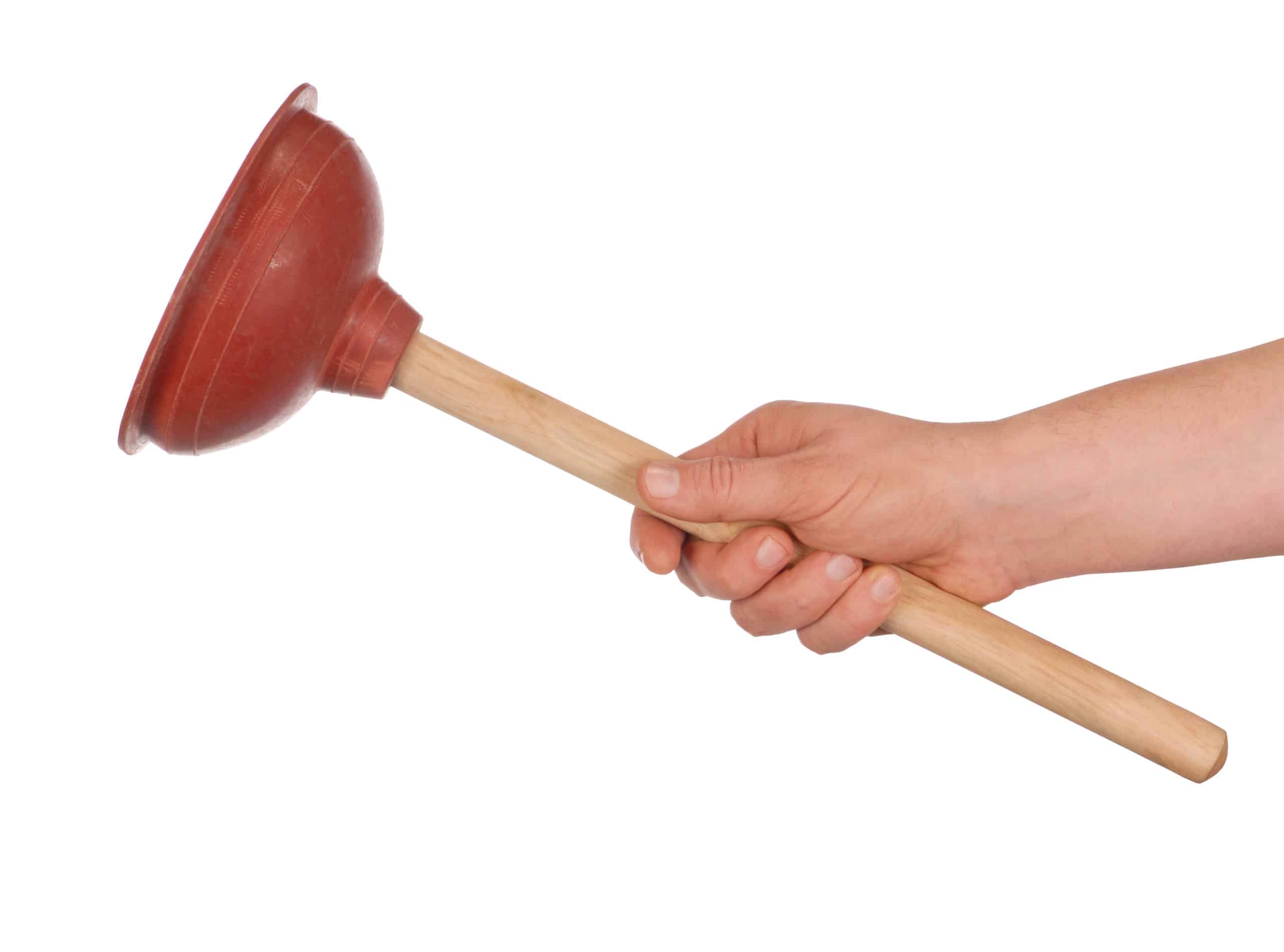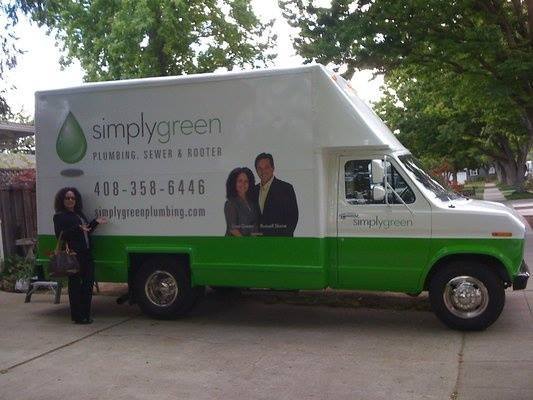It seems that plumbing problems always occur when we are least prepared to deal with them. Prevention is key to keeping expensive plumbing repairs to a minimum. Of course, everything in a home will deteriorate over time, and eventually, repairs are going to be necessary. However, there are several things you can do to extend the lifespan of your home’s plumbing system as a whole and reduce the likelihood of major issues.
When you do need a repair, make sure to call Simply Green Plumbing, Sewer & Rooter for assistance. Until then, keep reading to learn what you can do to extend the lifespan of your home’s plumbing system and attend to common plumbing problems.
1. Protect Your Drains
All the drains in your home feed directly into the plumbing system and the things that go down them are usually the top cause of plumbing problems. It’s important that every family member understands what can safely go down the kitchen and bathroom sinks, showers, and toilets in order to prevent clogs and potentially serious damage. Putting traps in your sink and shower drains to catch grease, hair, and other things that shouldn’t go down the drain is an inexpensive way to protect your drains.
2. Replace Rubber Washing Machine Hoses
Rubber hoses lose flexibility over time which can lead to leaks or even bursting. Replacing rubber hoses with reinforced stainless steel is an inexpensive way to prevent one of the most common causes of flooding in homes. Installing an easy-to-reach, single-lever shutoff valve just for your washer is another way to help prevent leaks and potential flooding.
3. Avoid Harsh Chemicals
Harsh cleaning products and liquid drain openers can damage pipes and lead to corrosion which over time weakens your plumbing system. Instead of reaching for a liquid drain cleaner, use a drain snake or other manual clog remover to clear small clogs. Many household cleaners contain corrosive chemicals. Check the labels and make sure you are using the mildest cleansers that will do the job without damaging your pipes.
4. Only Flush Toilet Paper
Toilets are designed to handle only human waste and toilet paper. Even many flushable wipes don’t biodegrade quickly enough to avoid clogging your pipes. If you use them, dispose of them in the trash can. In addition, feminine hygiene products, cigarette butts and other trash should never be flushed down a toilet.
 5. Consider the Type of Toilet Paper You’re Using
5. Consider the Type of Toilet Paper You’re Using
There are many types of toilet paper on the market marketed as ultra-strong or ultra-soft. Although we all love strong, soft toilet paper, chances are your sewage or septic system doesn’t. If you have a septic system, it already has enough materials to break down without adding large amounts of almost indestructible toilet paper.
A municipal sewage system may be able to handle this extra strong toilet paper. But typical residential sewage systems will clog when too much toilet paper is used, or it doesn’t easily break down. Sewage backups in your home are unsanitary as well as expensive to clean up and repair.
6. Use Your Garbage Disposal Wisely
Your garbage disposal is designed to handle small amounts of food scraps from food preparation. Trying to dispose of large amounts of food this way is likely to result in a clog that can lead to leaks and flooding.
There are certain foods that belong in your trashcan or compost, not the disposal. Large bones, banana peels, nuts, grease, onion skins, potato peels, pasta, and rice should not be put down your garbage disposal. Consult your owner’s manual for information on your particular model and proper usage instructions.
7. Don’t Hang Anything from Exposed Pipes
If your home has exposed pipes, you may think it’s acceptable to hang clothes or other items from them. Do not do it! Extra weight puts stress on joints which over time can cause them to fail. Since most exposed pipes are in unfinished basements, homeowners often don’t realize there’s a problem until leaks or flooding occurs.
8. Buy a Plunger and Learn How to Use It
Many sink and toilet clogs are simple to remove with a bucket of hot water and a good plunger. Buying a plunger and learning to use it properly is an inexpensive way to save yourself time and money.
There are several types of plungers on the market. Every homeowner should invest in both a flange and cup style plunger. Each of these is designed for a specific purpose and are inexpensive to purchase at any home supply store.
9. Know the Location of Your Water Shut Off Valve
If you do have a leak or burst pipe, knowing beforehand how to shut off the water to your house is key. It can mean the difference between a new ceiling or just a simple clean up with a few towels.
If your water shut-off valve is inconveniently located or difficult to turn off, consider having it replaced with a modern and easy to use shut-off valve.
If your home will be empty for a prolonged period of time, it’s a good idea to shut off the water valve before leaving in order to avoid a plumbing problem when you return.
 10. Don’t Put Off Repairs
10. Don’t Put Off Repairs
Finally, when a plumbing problem does occur, don’t put off repairs. Getting a small issue taken care of quickly helps ensure that a bigger and more expensive problem doesn’t develop. Small leaks and clogs might be something you can handle on your own, but if you can’t quickly and easily resolve a problem, calling a licensed plumbing professional will save you money in the long run.
A small leak or clog can quickly turn into a catastrophe if not handled properly. That’s why Simply Green Plumbing, Sewer & Rooter offers emergency plumbing services at no extra cost.
For all of your plumbing needs in the Los Gatos area, call Simply Green Plumbing, Sewer & Rooter at (408) 716-1686, or contact us online to schedule an appointment. Our Los Gatos technicians have over 30 years of plumbing experience and they are ready to help you with all of your plumbing problems no matter how big or small.


 5. Consider the Type of Toilet Paper You’re Using
5. Consider the Type of Toilet Paper You’re Using
 10. Don’t Put Off Repairs
10. Don’t Put Off Repairs